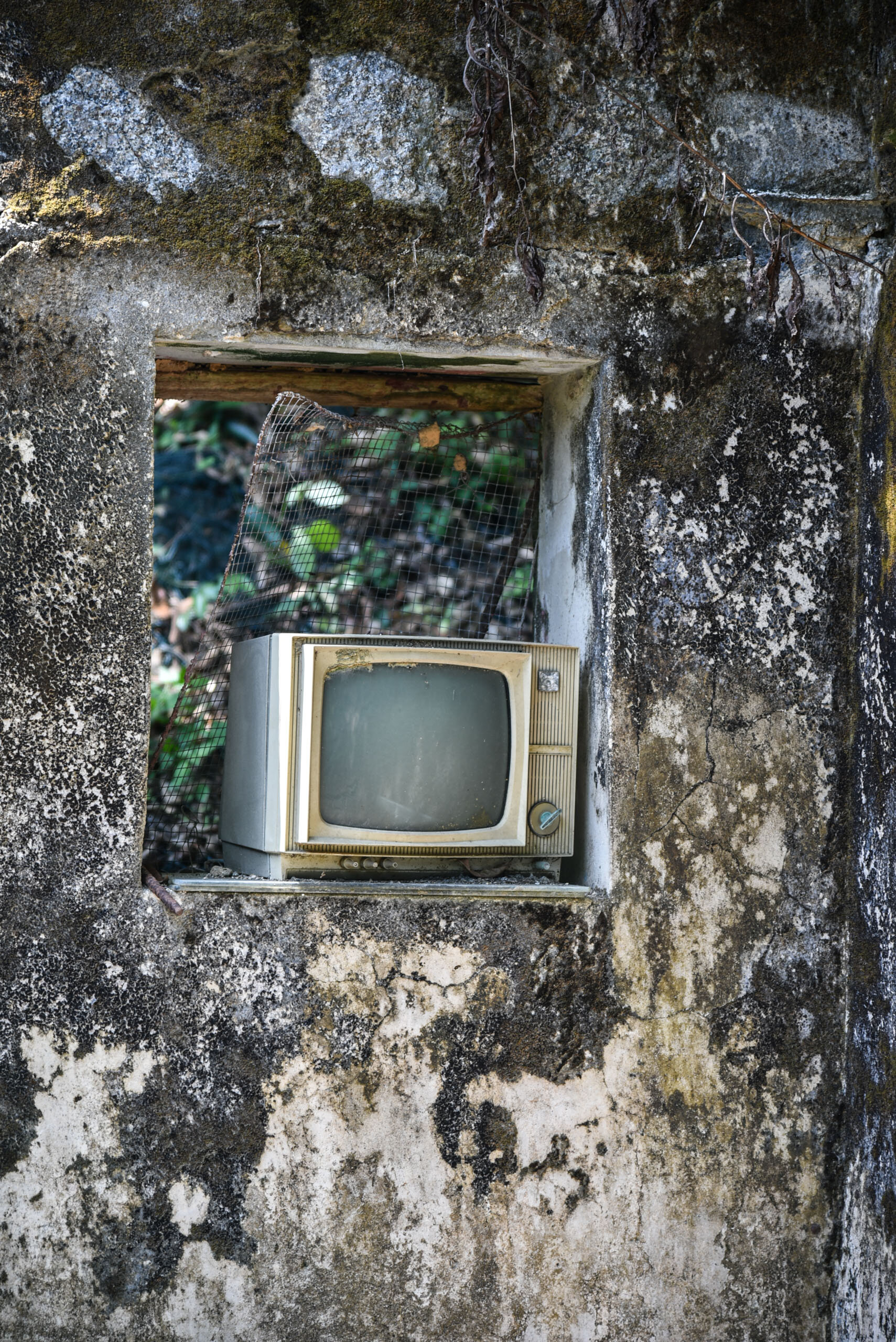For centuries, Hong Kong’s inhabitants were mostly engaged in fishing or farming, living in rural communities either by the coast or inland. Between the 1950s and the 1980s, when Hong Kong became increasingly industrialised, many villagers decided to leave their rural lives behind, to embark on a new existence in the urban centre, or overseas. They often found jobs in factories, or became restaurant workers in the UK and other countries. Meanwhile, their countryside houses - sometimes entire villages - were simply abandoned and left to be reclaimed by nature and the weather. Today, these beautiful ruined structures offer a glimpse into Hong Kong’s rural past and act as a portal into its history.
幾個世紀以來,香港的居民大多以捕魚或耕種為生,他們住在沿海或內陸的農村社區。 在1950至1980年代之間,香港變得越來越工業化,許多村民決定拋棄農村生活,搬到市中心或到海外重新生活。 他們大多在工廠尋找工作,或者在英國和其他國家的餐館工作。與此同時,他們曾經居住的鄉村房屋(有時是整個村莊)直接被荒廢,留下來經歷大自然的洗禮。 如今,這些美麗的廢墟建築讓人們可以一窺香港的鄉村歷史,並成為探究這些歷史的門戶。
Stefan Irvine is an award-winning British photographer living and working in Hong Kong since 2002. His work has been published internationally in The New York Times, CNN, National Geographic Books, Forbes, The Guardian, and the South China Morning Post. His photographs have been exhibited in New York, Hong Kong and London. After graduating with a Master of Arts in Psychology from the University of Edinburgh, Stefan went on to receive a Post-Graduate Diploma in Photojournalism from the London College of Printing (LCP).
Stefan Irvine是一位屢獲殊榮的英國攝影師,自2002年以來一直在香港生活和工作。他的作品在多個報刊、雜誌上發表刊登,包括 《紐約時報》、《CNN》、《國家地理雜誌》、《福布斯》、《衛報》和《南華早報》等。 其攝影作品亦曾在紐約、香港和倫敦展出。Stefan從愛丁堡大學獲得心理學碩士學位後,於倫敦藝術大學倫敦印刷學院(現為倫敦傳播學院) 取得新聞攝影研究生文憑。
https://www.stefanirvine.photo/
This artist is represented by Blue Lotus Gallery, contact here if you are interested to know more about his work and wish to receive his artist catalogue.
Stefan Irvin 'Tai Po #3' Hong Kong, 2020



















